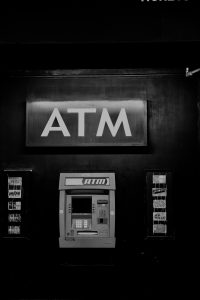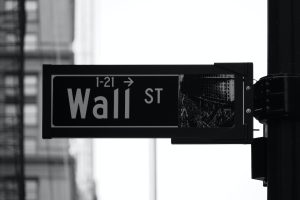As a forex trader in Canada, understanding the tax ratio is an essential step towards avoiding any legal or financial problems. The tax ratio is a percentage of a trader’s profits that must be paid to the government as tax.
Canada, like most countries, has a tax system that requires its citizens to pay taxes on their income, including forex trading profits. The Canadian Revenue Agency (CRA) is responsible for collecting taxes from individuals and businesses.
In Canada, the tax ratio for forex traders is calculated based on the trader’s net income. Net income is calculated by subtracting all of the trader’s expenses from their total revenue. Expenses may include brokerage fees, software costs, and other expenses related to trading. Once the net income is determined, the tax ratio is applied according to the tax brackets set by the CRA.
The tax brackets for individuals in Canada are as follows:
– 15% on the first $49,020 of taxable income
– 20.5% on the next $49,020 of taxable income (up to $98,040)
– 26% on the next $53,939 of taxable income (up to $151,978)
– 29% on the next $64,533 of taxable income (up to $216,511)
– 33% on taxable income over $216,511
Therefore, if a forex trader earns a net income of $50,000, they would pay 15% tax on the first $49,020 and 20.5% on the remaining $980 of taxable income.
It is essential for forex traders to keep accurate records of their trading activities to ensure they pay the correct amount of tax. The CRA may request documentation to support their calculations, and penalties may be imposed for underpayment or non-payment of taxes.
Forex traders in Canada may also be eligible for tax deductions, such as expenses related to trading, like software and equipment costs. These expenses can be deducted from the trader’s gross income, reducing their taxable income and ultimately lowering their tax liability.
In conclusion, the tax ratio for forex traders in Canada is determined based on their net income and the tax brackets set by the CRA. Forex traders must keep accurate records of their trading activities and expenses to ensure they pay the correct amount of tax and avoid any penalties. Deductions for expenses related to trading may also be available, reducing a trader’s taxable income and tax liability. It is essential for forex traders to seek professional advice from a tax expert to ensure compliance with tax laws and regulations.





